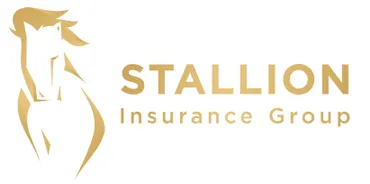
Somebody who cares mostly about “getting it over with” and treating insurance as a chore is likely to be persauded by flashy television advertisements and may potentially end up under-insured while missing key coverages they need in the event of a loss. To paraphrase my wise boss, “expensive insurance is insurance that’s done incorrectly.”
Many clients think they have found the jackpot of cheap insurance. They clicked some buttons online and it spit out a great price, they were happy paying that because they know they need insurance to avoid a fine. And for many folks out there, that is the end of the insurance coverage conversation. However, what is that cheap insurance really worth if it leaves you $20,000 short on a claim? Or if it directs legal action against you when the company walks away due a limit that probably should have been higher. An agent with a fiduciary duty knows what to look for to ensure you are protected. The law requires they act in your best interest.
Easy. Simple. Fast. These are the focuses of many name brand insurance companies. But here is a tough, honest question: who benefits the most from removing a legal fiduciary from the insurance buying process? I’ll leave that as rhetorical.
Insurance is a financial product. It’s meant to be a piece of your overall portfolio. People who focus exclusively on the cost of insurance are missing that most insurance is not a growth asset. Other than covered losses which engage the obligations of the insurer of indemnification, the contract does not retain an intrinsic value. Policy A is not better than Policy B for the sole reason that it was cheaper.
So what are you really buying if all insurance contracts are different? It’s complicated. Essentially, you are hedging your assets against a massive loss. For property and casualty insurance, that means property damage and liability. The more likely the loss, the more expensive the coverage. This is what a lot of auto insurance customers run into and frequently struggle with when getting their costs down. If you are likely to be in an accident, the insurance company is going to charge you more. But there is something else that increases or decreases the cost and that’s the amount of coverage.
Your insurance is yours. It’s meant to cover everything you and your need covered in the face of a catastrophe. And while insurance is not a growth asset, it is meant to prevent loss. So stop thinking about the growth factor of the $10 to $20 per month difference and start thinking about what you need in the worst case scenario to stay where you are.
Here’s some common areas of undercoverage or no coverage for homeowners:
Do you really have enough personal property protection? If you lost every single item in your home, could your policy cover it?
Do you have items that are limited out or need special endorsements? Things like jewelry, guns, guitar and more are often given special limits. What happens to your assets when the loss of a $40,000 guitar is paid for at a $2,500 limit?
Do you have water backup coverage to protect your finished basement? Is the coverage amount enough?
Disclaimer: None of this is a discussion of a reader’s specific policy and should not be considered insurance advise about your coverages, it is for educational purposes only.
